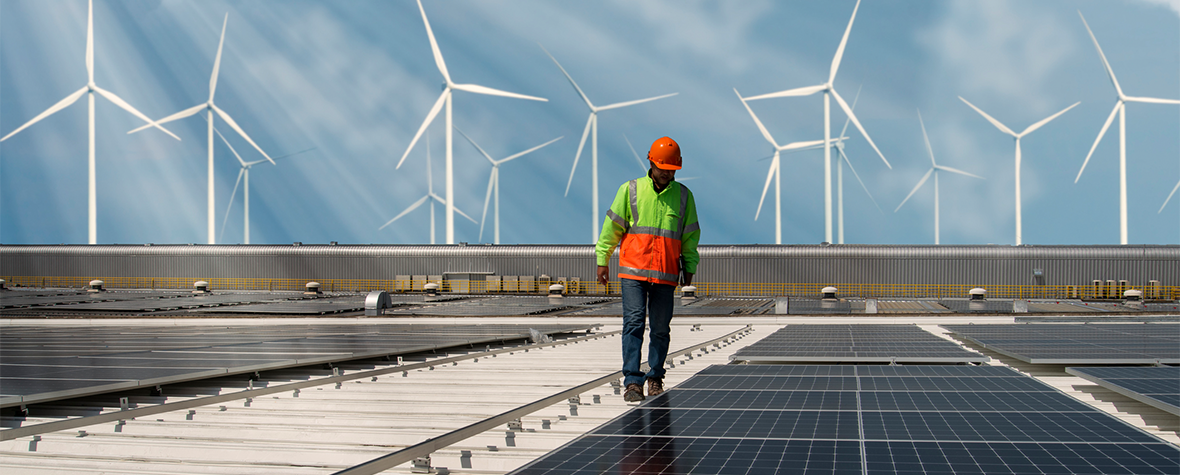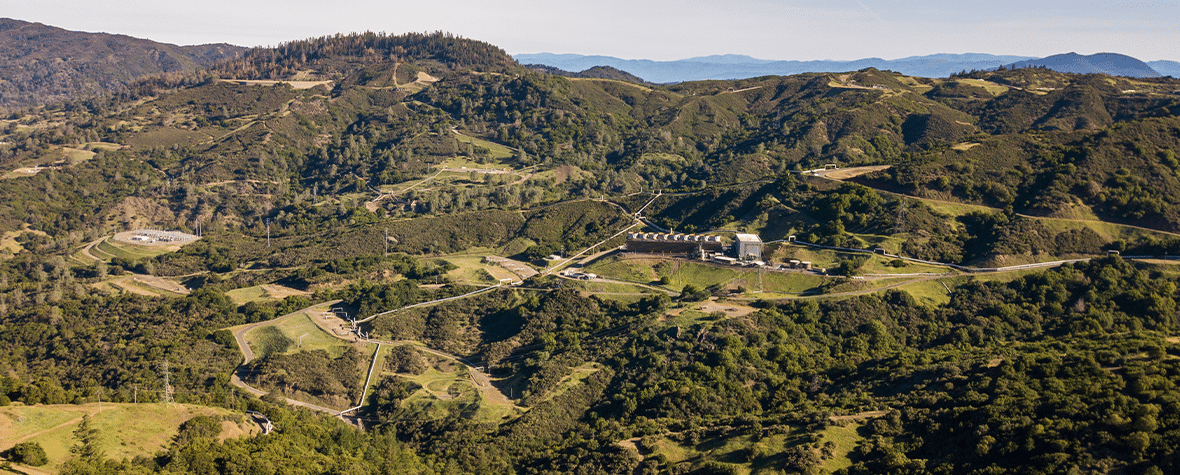The terms energy and electricity are often used interchangeably in everyday speech, but they have distinct definitions. Do you know the difference?
What is energy?
Energy is a catchall term for the capacity to do work, such as changing light, heat, and movement. Energy exists in many forms including, mechanical, light, chemical, and electrical. Burning firewood for heat, combusting gasoline to power transportation, or spinning turbines to generate electricity are all ways that you harness energy to do work.
What is electricity?
Electricity is a specific type of energy that you use to power your home and vehicle. Electricity is generated by harnessing light energy from the sun, chemical energy from natural materials, or mechanical energy from the movement of wind or water. The energy from these resources is then converted to electrical energy that can be distributed through power lines. Electricity is a particularly useful form of energy because it can be quickly and efficiently transported over long distances. With electricity, you can turn on the lights, run your refrigerators, and power your electronics.
Why does it matter?
Only 40% of the energy used in the United States is supplied by electricity. The majority of the remaining 60% of energy is supplied by directly combusting fossil fuels like gasoline to power cars or by burning natural gas for heat and cooking.
Many states have pledged to utilize 100% carbon-free electricity by 2050. To achieve climate goals, the United States must also address the remaining 60% of energy that isn’t currently supplied by electricity. One way is a process called electrification, where you replace appliances and technology that run on fossil fuels with technology that runs on electricity. For example, switching to an electric or induction cooktop or driving an electric vehicle. Supplying more of your electricity with clean sources and electrifying existing technology can move the United States to a future that’s completely carbon-free.
Now you know the difference between energy and electricity and why it matters! Use this knowledge to better understand conversations about the power grid and how to green your energy use.





